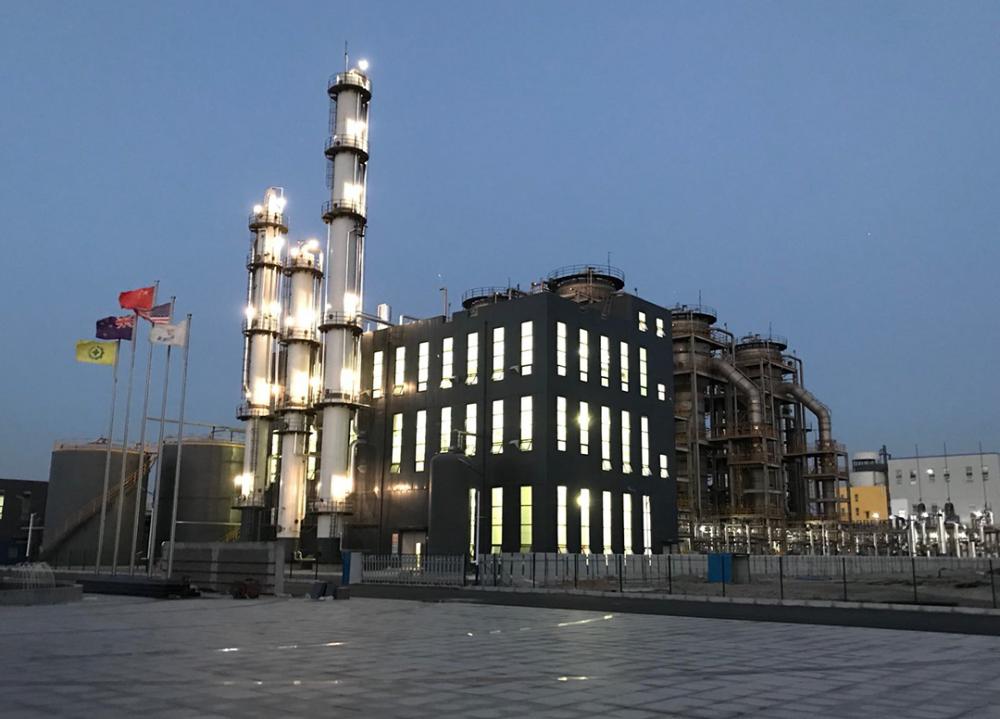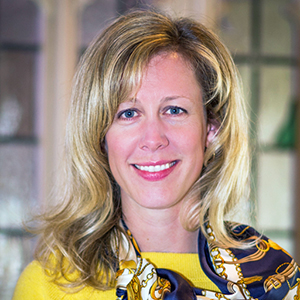Biomass Research and Development Initiative Funds Bioengineering Innovation
A new collaboration led by Michael Jewett, professor of chemical and biological engineering at Northwestern University, will combine recent technological advancements in bioengineering to develop a transformative production system for next-generation biofuels and bioproducts. The multi-institutional project is supported by a three-year, $1.6 million contract with the Biomass Research and Development Initiative (BRDI)—a joint program of the Department of Energy (DOE) and the U.S. Department of Agriculture (USDA). Jewett’s initiative was one of two programs selected this year for DOE funding through BRDI.
“We, along with many others, are excited about the possibility of using biological systems to manufacture products in a sustainable way,” explains Jewett, who expects that the technique his team develops will have broad application across biofuel and bioproduct industries. “The funding is so important because it is allowing an interdisciplinary team to get together and to solve a problem that none of us can solve on our own,” says Jewett. “The funding is timely because it really intersects with an opportunity where right now we have the ability to go after this problem in a way that just didn’t exist before.”
Jewett, who serves as the co-director of the Center for Synthetic Biology at Northwestern, will work with collaborators from LanzaTech—a Chicago-based gas fermentation company, University of South Florida, and Georgia Institute of Technology to reach ambitious goals. The team will capture syngas (e.g., hydrogen, carbon dioxide, and carbon monoxide) directly from industrial manufacturing companies, thus preventing the waste gases from reaching the atmosphere. Those gases will then become feedstock to fuel a customized cellular factory that will metabolize, or produce, a biofuel that could rival petroleum. Along the way, the team will test a large number of cellular factory designs that they expect will also reveal processes to construct additional products.
Building a Cellular Factory
The first two years of work will focus on the design of these cellular factories.
The researchers will create designs based on a biosynthetic pathway created by Ramon Gonzalez, professor of chemical and biomedical engineering at the University of South Florida. The unique pathway reverses a natural biochemical process that normally creates fatty acids from bacteria to instead produce new types of chemicals that are biofuels.
The goal is to test some 10,000 designs in a matter of weeks, thanks to a process developed in Jewett’s laboratory that accelerates biological design using cell-free or in vitro biosystems. The technique allows them to consider more solutions in a shorter amount of time, as compared to conventional techniques that would allow them to produce and test a mere 100 designs in a three-month period.
Next, they will put their preferred production designs into cells of a bacteria called clostridia, which is manufactured with advanced techniques pioneered by LanzaTech. Clostridia is an ancient bacteria that can grow and fix carbon. It was once widely used in the automotive fuels industry for its ability to produce acetone, butanol, and ethanol. It took a backseat when the less expensive petroleum industry blossomed. Now, these new bioengineering technologies are making it possible to use clostridia to recycle carbon from industrial emissions and other sources to make bioproducts rather than treating carbon as single use.
“What we’d like to do is learn how to repurpose this organism that has already been naturally evolved to grow off of carbon dioxide and carbon monoxide to produce acetone, butanol, and ethanol, to produce other types of bioproducts instead. In particular, the target in this project is to look at small chain alcohols for fuel production,” explained Jewett. “The goal of the contract is to merge these technologies together and to integrate them in a way that allows us to truly transform the bioeconomy.”
“The US Department of Energy and Department of Agriculture play a crucial role in enabling collaborations between industry and academia,” said Sean Simpson, Chief Scientific Officer of LanzaTech. “Through funding opportunities such as BRDI, we are able to gain new insights into the methods and tools needed to create pathways to new bioproducts. We are moving to a carbon smart future, and it wouldn’t be possible without such partnerships.”
Evaluating the Marketplace
In order to determine which designs are best suited for the marketplace, Valarie Thomas, Anderson Interface Professor of Natural Systems at Georgia Tech, will conduct a lifecycle analysis of potential products. Thomas will host a series of workshops to engage stakeholders in evaluating production scenarios that are both economically and environmentally sustainable.
In the final year of the contract, the team will bring their preferred designs to a LanzaTech facility in the southeastern United States for pilot scale testing and product scale-up.
“In the end, it’s a wonderfully balanced project. I’m really excited about it because it has these three technical components that have never been integrated before. It’s only through integrating them, can we create, I think, this really exciting opportunity to transform how we make chemicals in a sustainable way in the 21st century,” said Jewett.
The project complements another $12 million in funding received from the Department of Energy for three additional projects housed in the newly developed, multi-institutional Clostridia Foundry for Biosystems Design led by Jewett.
Photo: Courtesy of LanzaTech







